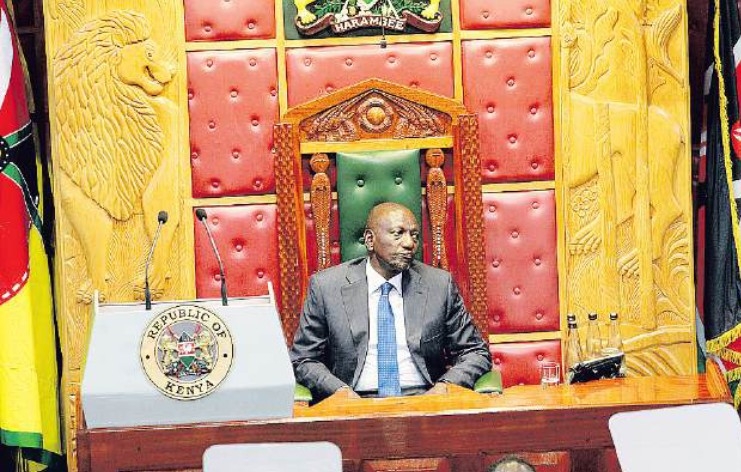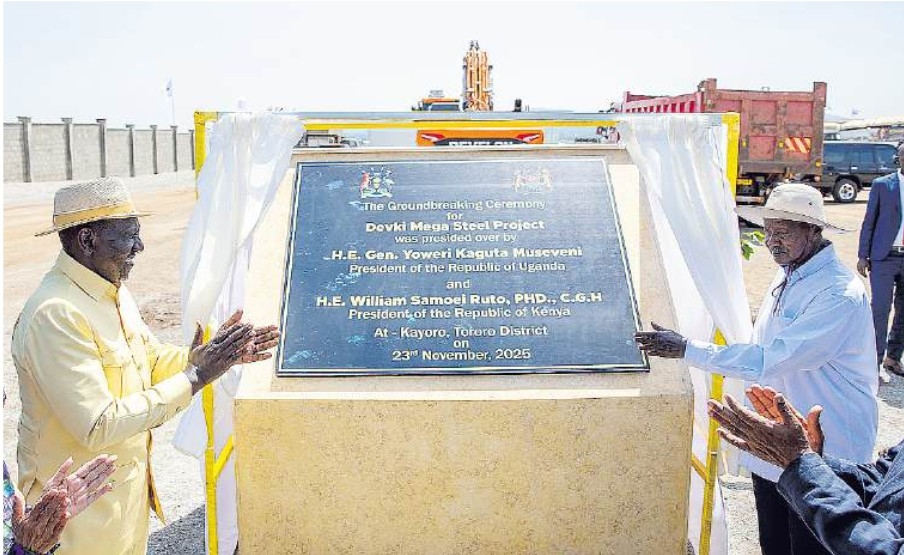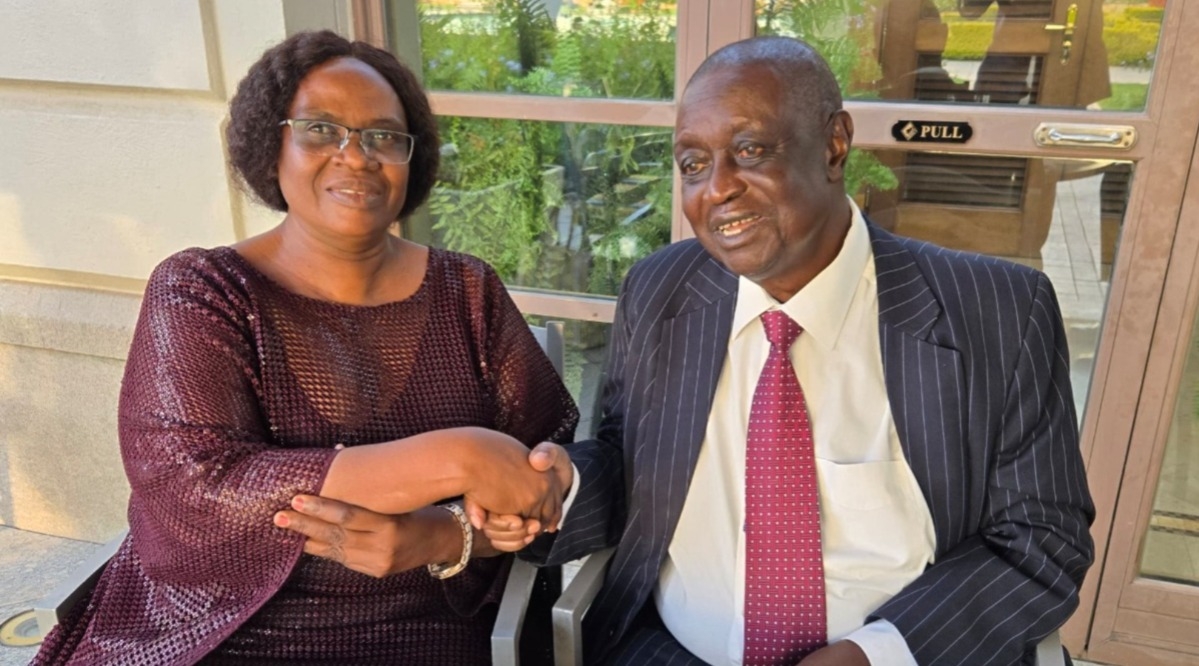

Majorly, PR entails creating goodwill between an organisation and stakeholders.
Organisations across all sectors of the economy from business to charities require a positive relationship with their stakeholders.
This makes PR central to strategic planning as well as organisational goal setting and execution.
James Grunig, a PR theorist-cum-communications professor and author, noted that ‘involvement in strategic management is the critical characteristic of excellent PR’.
It is however quite befuddling then those PR practitioners are often uninvolved in the planning and execution of major organisational undertakings.
More often than not, they are called upon to help in marketing the endeavour or worse still, to manage a crisis arising from the organisation’s execution of its plans.
This is avoidable because in some cases such crises could be prevented with the involvement of PR practitioners in the planning and initial stages.
The big question is, who is to blame for this?
In my opinion, we as communication professionals are to blame.
Hear me out.
I believe that in this world nothing is given.
Anything worthwhile must either be taken or earned.
In addition, since in this case we cannot take, we must earn.
Here is how we do it.
When seeking promotion at work, the best way to get it is two-way.
First, you show your worth, and then ask for it.
In this case, to get our voices heard in the upper echelons of power we must flip the script.
We ask/demand for our voices to be heard, then we show why those voices are important in the grand scheme of things.
The problem we face with this is that most decisions at the top level are made based on quantifiable evidence, which is at times sorely lacking in the PR realm.
Research carried out by the Public Relations Society of Kenya in 2019 revealed two main challenges to PR operations both in the public and private sectors.
One, there was a glaring lack of acknowledgement and understanding of the importance of PR to organisational functions.
Number two is the inability to measure the impact of PR.
The good news is that by using acceptable concepts of PR measurement such as the Barcelona Principles (also known as the AMEC Framework), we can quantify PR outcomes in numerical form and make a compelling case to top management.
So, what are the Barcelona Principles?
The principles outline the importance of setting measurable goals, prioritising measurement of effect on outcomes as opposed to outputs and measuring effect of PR efforts on business results where possible.
The principles also insist on the importance of measuring PR programmes in terms of both quantity and quality, as well as measuring social media campaigns.
All measurements should be done in a transparent and replicable manner, as this lends credibility to the whole process, especially to non-PR personnel.
Once our demand to sit at the big table has been realised, it is then imperative that PR professionals present data-driven ideas in alignment with the organisations objectives.
This will not only justify inclusion in top-level decision making, it will also dislodge the notion that PR practitioners are firefighters, whose skills are only needed in crises or worse, ushers and escorts to be seen during events.
IMMACULATE MWENDE
Stakeholder engagement and media management specialist

















